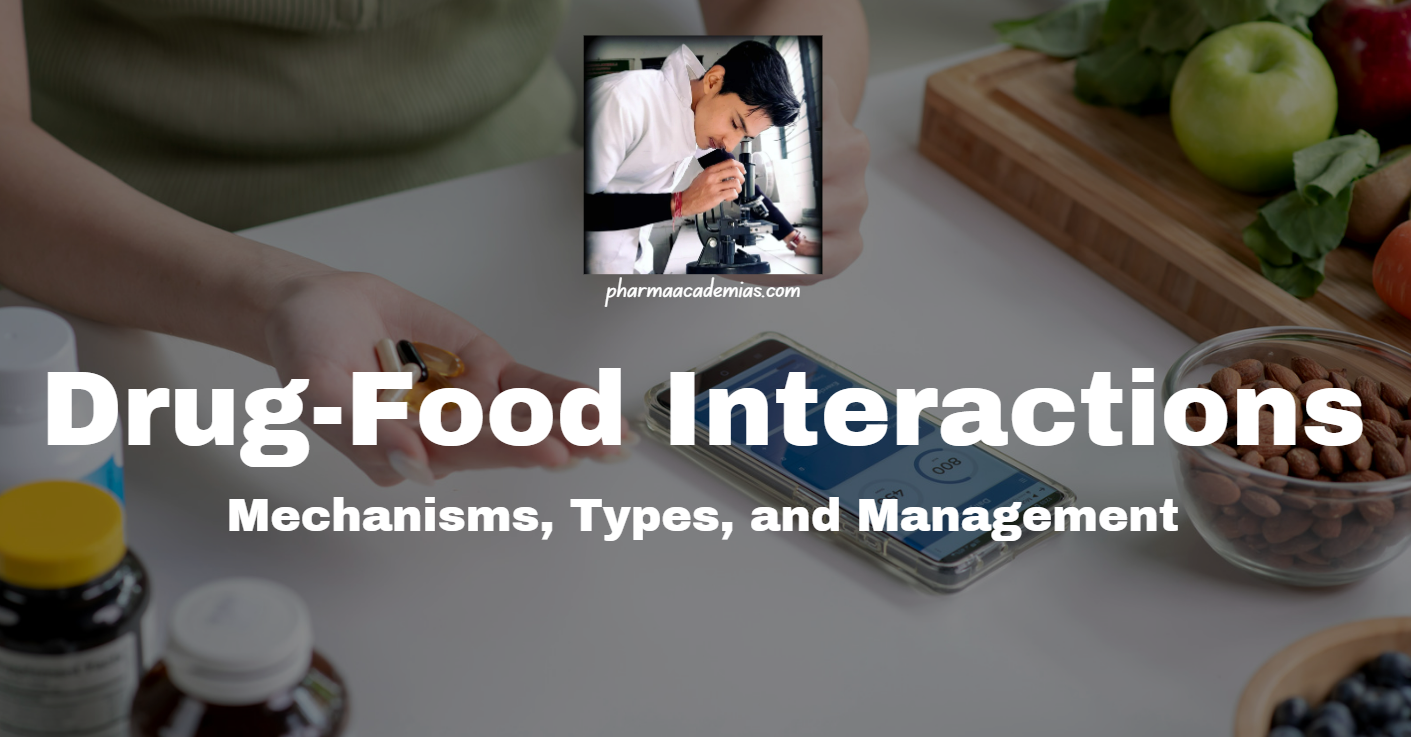Measles: Causative agents, epidemiology and clinical presentations and Role of Pharmacists
Measles, or rubeola, is a highly contagious viral infection caused by the measles virus. It primarily affects children but can occur in people of any age who have not been vaccinated or previously exposed to the virus. Measles is characterized by a distinctive rash, fever, and other symptoms. Causative Agents of Measles The measles virus, … Read more










